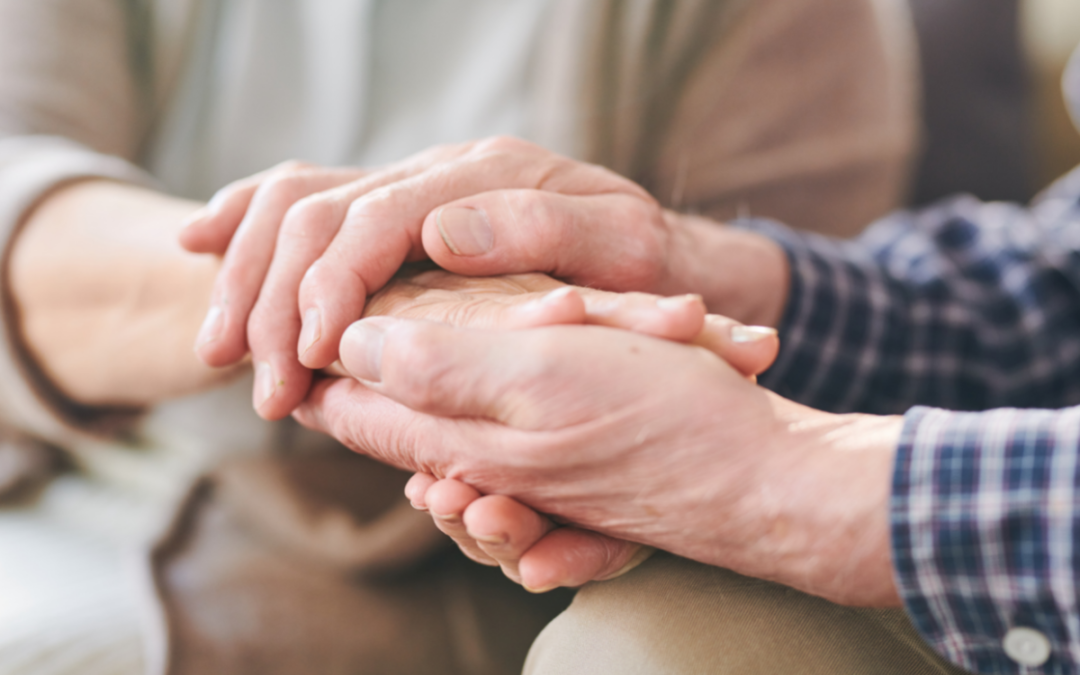In April, I received my first COVID-19 vaccine, and while I initially felt fine it later became clear that I needed to step back and practice a little self-care. I missed my regularly scheduled Meaningful Monday and instead of feeling guilty, I felt renewed in my practice to manage myself and my needs first.
I’m a strong believer that if you don’t engage in self-care in the way that is right for you, you won’t be able to manage the life you’ve built and any unexpected hurdles.
What is Self-Care?
Self-care has been a buzzword in current culture since at least 2018 and found a resurgence in 2020 for very obvious reasons. The umbrella term for many carries a varied definition and you could easily ask five people what self-care means and you’ll receive five very different answers; however, the one common thread that continues to pop up is that many people believe self-care to only be about the things or the actions they can do for themselves.
When I work with clients, we explore self-care as actions, words, and beliefs.
Self-Care as Actions
Visiting a spa. Getting a massage. Reading a book. Treating yourself to a pedicure. Watching TV. Hanging out with friends. Playing video games. These are the actions we take or the habits we develop to make ourselves feel better. Some of us practice them weekly, others only once in a while.
As a standalone practice, actions aren’t enough to improve your mental and physical well-being. They are, however, a great supplement when you practice self-care through your words and beliefs.
Self-Care as Words
Often the things we don’t see or do in self-care are the most important. Practicing self-care through your words means cleaning up your head trash.
Head trash are the negative words, conversations, and awful things that you’ve told yourself over the years. Head trash affects how you perform and how you do things in your day-to-day life.
The most important conversations that you can have, are the ones you have with yourself. If we repeatedly tell ourselves something negative, we begin to believe it through the lens of confirmation bias. If you consistently talk down to yourself, it’s time to clear out the head trash with positive self-talk and affirmations. Giving yourself honest feedback and highlighting the great things you’ve done is powerful to our brains and helps manifest joy and positivity while engaging in self-care.
Self-Care as Beliefs
Beliefs are core to self-care and if you want your actions and your words to hold up during stressful times, you need to ensure you have self-care-focused beliefs. Your beliefs and values that you have for yourself build up over time and are the building blocks for everything you do.
An easy test to check if your beliefs are self-care-focused is to answer this question:
Do you feel guilty or selfish when you take time for yourself?
If you said yes or even hesitated just a little, you need to re-evaluate your current beliefs. There are no self-care actions or words that will truly help you recharge or refill your bucket if you don’t believe you’re worthy of that time. Simply put, how can you operate on empty? If the reason you feel guilty is that self-care feels selfish, it’s because it is; however, in the context of self-care selfishness is not a bad thing. Ask yourself, why don’t you deserve one hour to unwind or a day to step away from your computer? These moments to yourself are what make you emotionally available to others when you’re ready to engage.
To start your self-care journey, create the belief that you are worthy and you are deserving. From there, build the words and the actions that support your belief and balance self-care for you and care for others.
Watch the full replay of my Meaningful Monday on YouTube and subscribe to join me each week.



Recent Comments